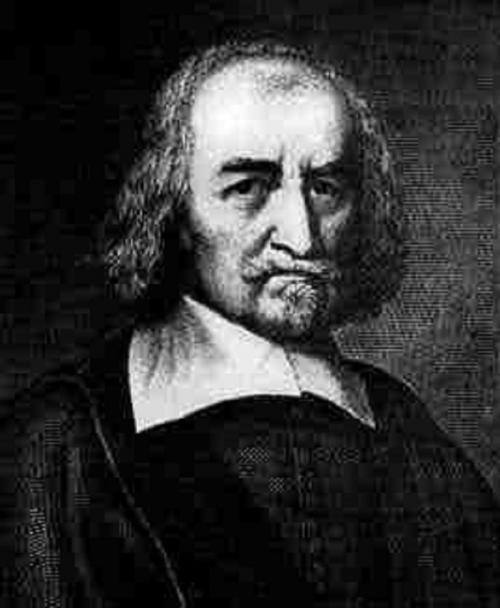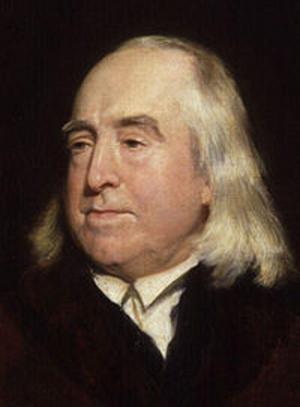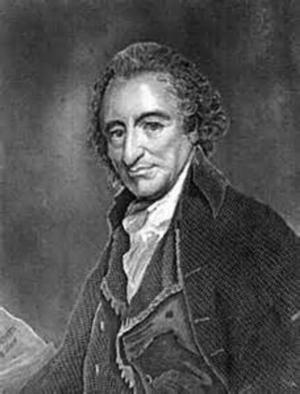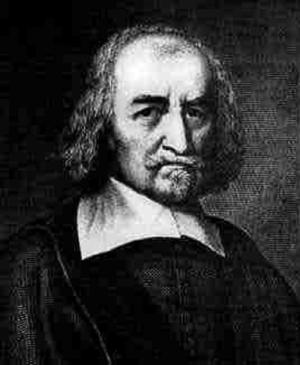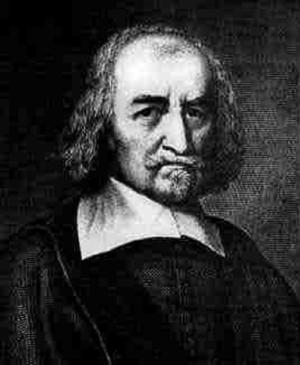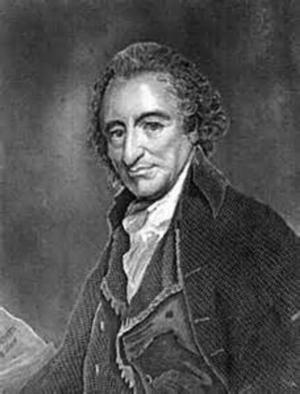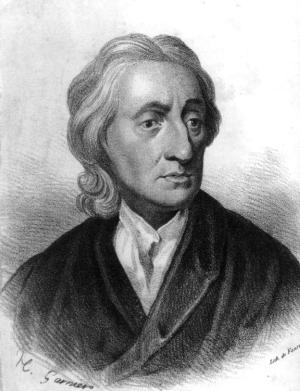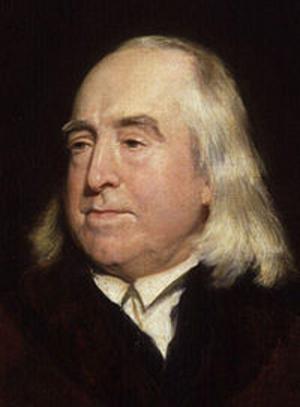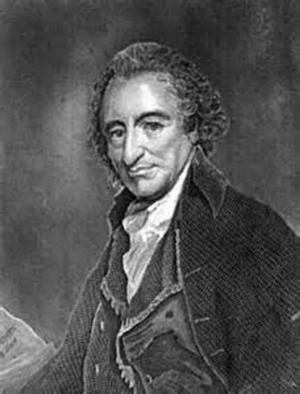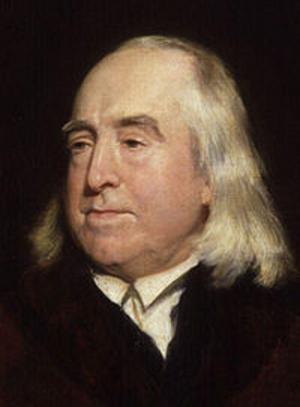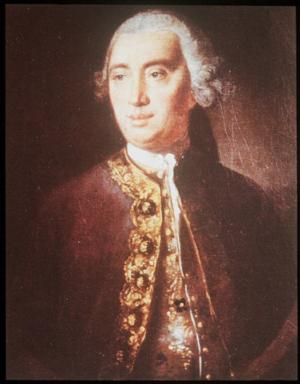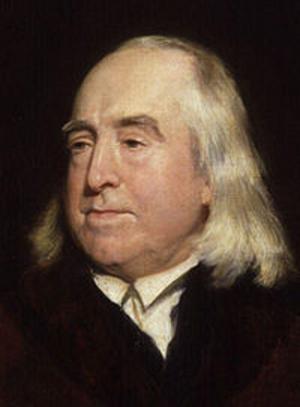A Dialogue between a Philosopher and a Student of the Common Laws of England (Illustrated)
Business & Finance, Economics, Macroeconomics, Theory of Economics| Author: | Thomas Hobbes, Timeless Books: Editor | ISBN: | 1230000634908 |
| Publisher: | www.WealthOfNation.com | Publication: | August 27, 2015 |
| Imprint: | Language: | English |
| Author: | Thomas Hobbes, Timeless Books: Editor |
| ISBN: | 1230000634908 |
| Publisher: | www.WealthOfNation.com |
| Publication: | August 27, 2015 |
| Imprint: | |
| Language: | English |
The book has an active table of contents for easy access to each chapter.
Thomas Hobbes is a great English philosopher and one of the founders of the modern system of political philosophy. He is in the row with the greatest thinkers as Isaac Newton, John Locke, Immanuel Kant, Francis Bacon, and Jean Rousseau. Their collected thoughts has had strong influence on building the foundation of the United States and its endeavor of open society.
In 1681, Hobbes published A DIALOGUE BETWEEN A PHILOSOPHER AND A STUDENT OF THE COMMON LAWS OF ENGLAND that is regarded as one of the important essays to learn Hobbes’s thoughts. Hobbes in this essay declared his famous doctrine of sovereignty. Hobbes explored in the Dialogue the relation between reason and law with a more liberal view than the one found in Leviathan. Hobbes proposed a profound solution to seventeenth England with a long term impact on our modern political systems, a separation of the functions of government under the common interest of people across all classes.
Thomas Hobbes expressed the last words with a great pride and optimism to our future "A great leap in the dark" in his final moments of life. He is forever remembered as essential enabler, reformer, and contributor for that great leap in the dark. His work has produced great influence on modern political philosophy. His view became widely recognised as the foremost philosophical voice and his influence has been felt in nearly every field of the humanities and social sciences.
This book is one of the most important ones about political philosophy by Thomas Hobbes, one of the greatest thinkers of modern philosophy on the planet.
The book has an active table of contents for easy access to each chapter.
Thomas Hobbes is a great English philosopher and one of the founders of the modern system of political philosophy. He is in the row with the greatest thinkers as Isaac Newton, John Locke, Immanuel Kant, Francis Bacon, and Jean Rousseau. Their collected thoughts has had strong influence on building the foundation of the United States and its endeavor of open society.
In 1681, Hobbes published A DIALOGUE BETWEEN A PHILOSOPHER AND A STUDENT OF THE COMMON LAWS OF ENGLAND that is regarded as one of the important essays to learn Hobbes’s thoughts. Hobbes in this essay declared his famous doctrine of sovereignty. Hobbes explored in the Dialogue the relation between reason and law with a more liberal view than the one found in Leviathan. Hobbes proposed a profound solution to seventeenth England with a long term impact on our modern political systems, a separation of the functions of government under the common interest of people across all classes.
Thomas Hobbes expressed the last words with a great pride and optimism to our future "A great leap in the dark" in his final moments of life. He is forever remembered as essential enabler, reformer, and contributor for that great leap in the dark. His work has produced great influence on modern political philosophy. His view became widely recognised as the foremost philosophical voice and his influence has been felt in nearly every field of the humanities and social sciences.
This book is one of the most important ones about political philosophy by Thomas Hobbes, one of the greatest thinkers of modern philosophy on the planet.
